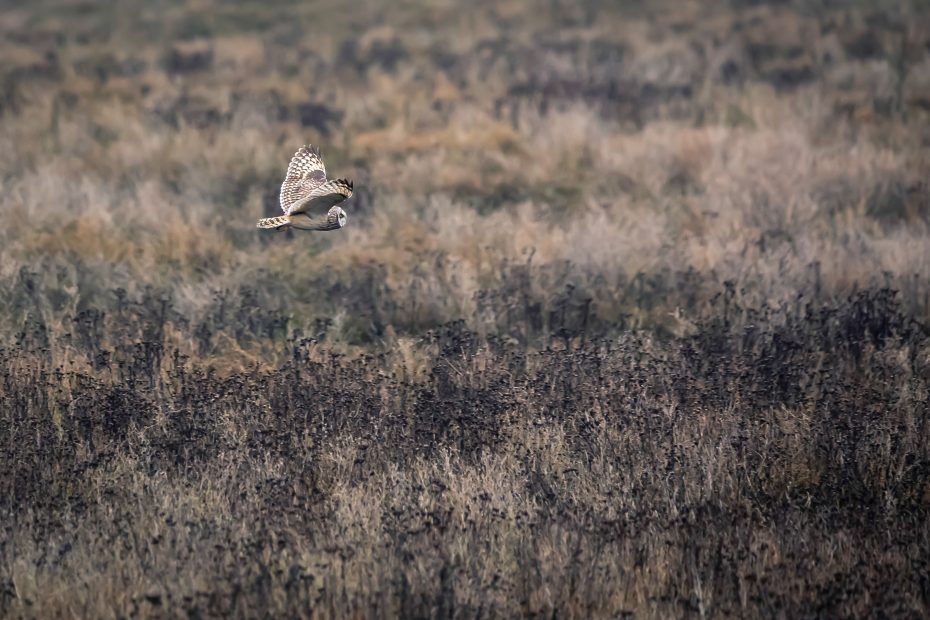Are you looking for an adventurous yet ethical wildlife safari off the beaten path? Consider a jungle safari in the dense rainforests of Liberia, West Africa. With incredible biodiversity, endangered species, and breathtaking scenery, Liberia’s jungles offer a one-of-a-kind nature experience. In this article, we’ll explore everything you need to know to plan your own Liberian jungle safari adventure.
Table of Contents
Overview of Liberia’s Jungles
Liberia is home to the Upper and Lower Guinean rainforests, lush jungle regions full of unique wildlife. The Sapo National Park protects the country’s largest tract of untouched lowland rainforest. With its dense canopy and minimal human impact, Sapo provides prime habitat for forest elephants, pygmy hippos, chimpanzees, and other rare creatures. Besides Sapo, other top jungle areas to explore include the Grebo National Forest and East Nimba Nature Reserve.
Top Wildlife Found in Liberian Jungles
Forest Elephants
Smaller and more elusive than their savanna counterparts, forest elephants thrive in Liberia’s dense jungle. Seeing these endangered pachyderms up close is a highlight for any safari-goer. Their reddish-brown hides camouflage well in the rainforest.
Pygmy Hippopotamuses
The world’s smallest hippo species, pygmy hippos inhabit Liberia’s swampy forests. Around 3 feet tall and weighing under 300 pounds, they are much less aggressive than larger hippo species. Pygmy hippos are classified as endangered, so sightings in the wild are extra special.
Chimpanzees
Our closest primate relatives, chimps inhabit several Liberian nature reserves. Researchers estimate around 5,000 chimpanzees live in Liberia. Their complex social interactions and tool use make them fascinating to observe.
West African Lion
Fewer than 400 West African lions remain in the wild. Liberia provides critical habitat for this critically endangered subspecies. Smaller in size than other lions, their most distinctive feature is the long tuft of fur lining the males’ elbows.
Leopards
These elusive big cats prowl Liberia’s rainforests. Leopards are excellent climbers and swim well, so they can inhabit a wide range of jungle terrain. Safari-goers may spot one lounging in a tree or stalking prey.
Planning Your Liberian Jungle Safari
To make the most of your adventure, careful planning is key. Here are some tips:
When to Go
The best time for a jungle safari is during the December-March dry season. Roads are more passable, there are fewer mosquitos, and wildlife congregates near water holes.
Booking a Guide
Hiring an experienced local guide greatly enhances your experience. A good guide knows the forest trails, spotting locations for wildlife, and how to avoid hazards.
What to Pack
Essentials like binoculars, camera, first aid kit, flashlight, and rain gear are a must. Wear neutral colors to blend into the jungle, as well as sturdy shoes for hiking. Mosquito repellent and medication are vital.
Top Jungle Safari Activities
Wildlife Viewing
The number one reason to visit Liberia’s jungles is wildlife watching. Safaris head out early morning and late afternoon when animals are most active. You may spot forest elephants, chimpanzee families, and rare antelope species.
Canopy Walks
Traverse hanging bridges high in the rainforest canopy for a bird’s eye view. Guides point out exotic birds, monkeys, and even orchids up in the treetops. It’s an immersive way to experience the jungle habitat.
Village Visits
Many indigenous communities live around the forests. Visiting villages offers cultural insight and supports local livelihoods. Expect a warm, hospitable welcome and learn traditional crafts.
River Cruises
Floating down rivers by canoe or boat allows close-up jungle viewing. You’re likely to see monitor lizards, crocodiles, and wetland birds. Waterways also provide access deep inside remote reserves.
Safety Precautions
While exciting, jungle safaris come with certain risks like biting insects, wildlife encounters, dense terrain, and tropical diseases. Hiring reputable guides, having proper vaccinations, wearing protective clothing, and avoiding risky behavior will minimize hazards. Also plan for emergencies by carrying a satellite phone.
Sustainable Tourism
With sensitive ecosystems and communities, it’s vital to practice responsible tourism in Liberia. Support local conservation efforts, follow rules in protected areas, buy from community cooperatives, and minimize waste. This ensures the forests and wildlife will be preserved for future generations.
Conclusion
From trekking along forest trails to gliding down rainforest rivers, a Liberian jungle safari promises rare wildlife sightings wrapped in a sense of adventure. By choosing an ethical operator, packing properly, and respecting local cultures and nature, you’re sure to have an unforgettable experience. Seeing endangered forest elephants, chimpanzee troops, and other amazing creatures in their natural habitat makes it all worthwhile. A Liberian jungle safari should be on every nature lover’s bucket list!
FAQs
Q: What vaccines are recommended for a Liberian jungle safari?
A: Recommended vaccinations include yellow fever, hepatitis A, typhoid, polio, measles-mumps-rubella (MMR), rabies, and meningitis. Malaria medication is also essential.
Q: What should I do if I get lost in the jungle?
A: Stay calm and stay put. Don’t try to find your way out unless you’re with an experienced guide. Make noise to alert others. Seek a water source and find a clearing if possible. Wait to be found.
Q: Are there tribal communities living in Liberia’s jungles?
A: Yes, there are around 20 distinct indigenous groups inhabiting Liberia’s forests. The Bassa, Dei, Kissi, Kpelle, and Gola tribes are among those living traditional lifestyles in rural villages.
Q: What is the best way to see chimpanzees in the Liberian jungle?
A: Your best chance is to visit forest regions where researchers have habituated chimp communities. Sapo National Park has a few such communities accustomed to quiet human observation.
Q: Is it safe to swim in Liberian jungle rivers?
A: Swimming is not advised due to risks like fast currents, underwater obstacles, parasites, and wildlife. Better to enjoy scenic river cruises by canoe or motorboat while wearing a life jacket. Crocodiles may be present.
